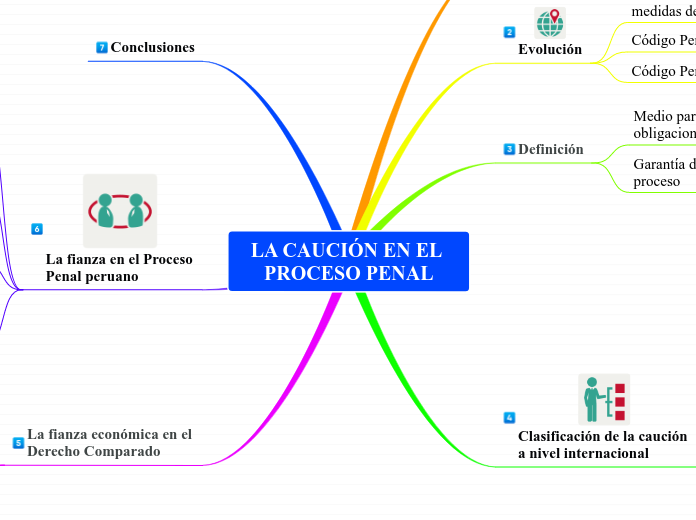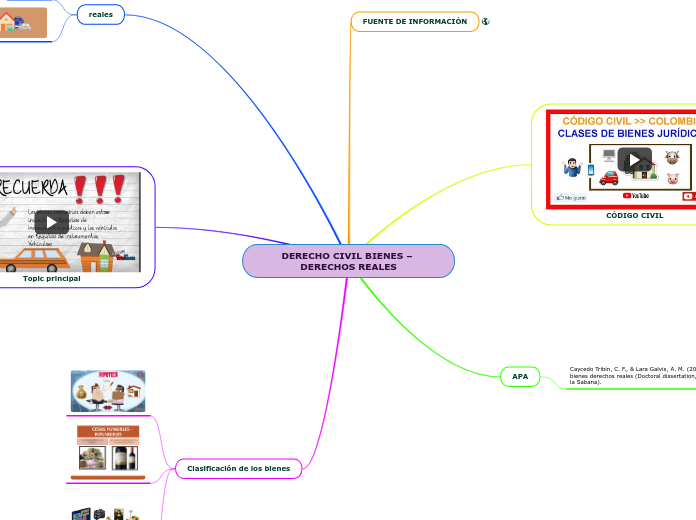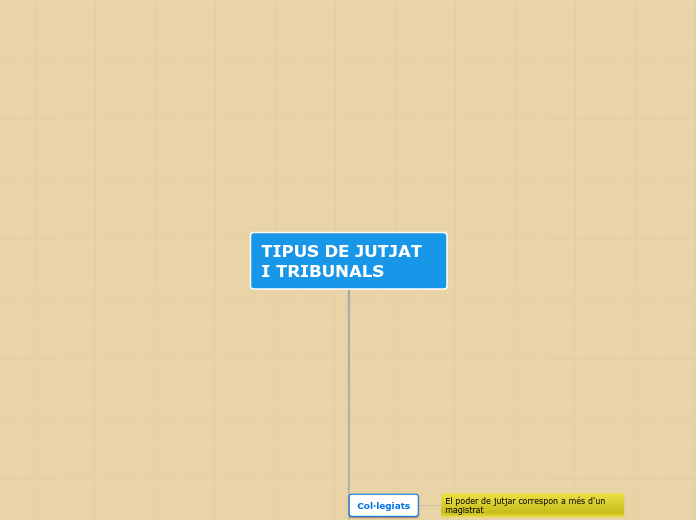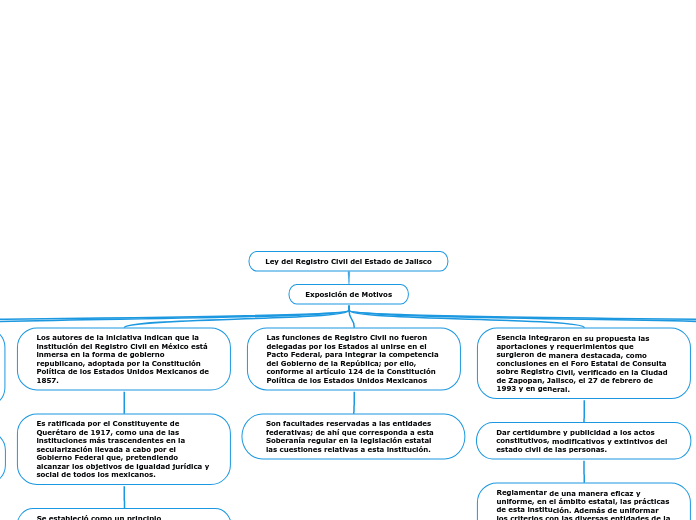CONSTITUCION POLITICA, LEYES ORGANICAS Y CODIGOS
The first division between continents was made by ancient Greek navigators, who named them 'landmass, terra firma'.
Generally classified by convention rather than any strict criteria, nowadays seven regions are regarded as continents from a geopolitical point of view.
Codigo civil
Antarctica is not only the coldest place on Earth but also the highest, driest, windiest and emptiest, completely covered with ice.
75% of the world's ice and 70% of the Earth's fresh water is located here.
Summer months of December to February give 24 hours of light, while the winter months of late March to late September are pitch dark the whole day.
There are no permanent inhabitants, except for scientists maintaining research stations in Antarctica.
There is plenty of animal life in Antarctica. It is a continent of extreme conditions but a range of well-adapted animals thrive here at various times of the year.
Name at least 5 of these animals.
Código Penal
You can find on this continent:
- the world's largest river as per water volume, the Amazon.
- the highest volcanoes of the world -- Mt. Cotopaxi and Mt. Chimborazo.
- the country, Brazil, which is the largest coffee producer in the world.
- the second-highest mountain range in the world, the Andes.
The world's largest snake and the second-longest lives here.
Name this snake as well as other animals that can be found in South America.
Código de los Niños y Adolescentes
Australia is the world's smallest continent and is also known as an 'island continent' as it is surrounded by water on all sides.
It includes 14 countries and it is the least populated continent.
Its name comes from the Latin word 'australis' meaning 'southern' because it lies entirely on the south of the equator.
Australia is home to some animals that can't be found anywhere else in the world.
Name at least 6 of these unique animals.
Name
Código Procesal Penal
Asia is the world's largest continent of the seven continents in size, as it covers one-third of the earth's surface.
It includes 50 countries, and it is the most populated continent, 60% of the total population of the Earth lives here.
Subtopic
What are the major animals found in Asia?
Name at least 4 of these animals.
Name









